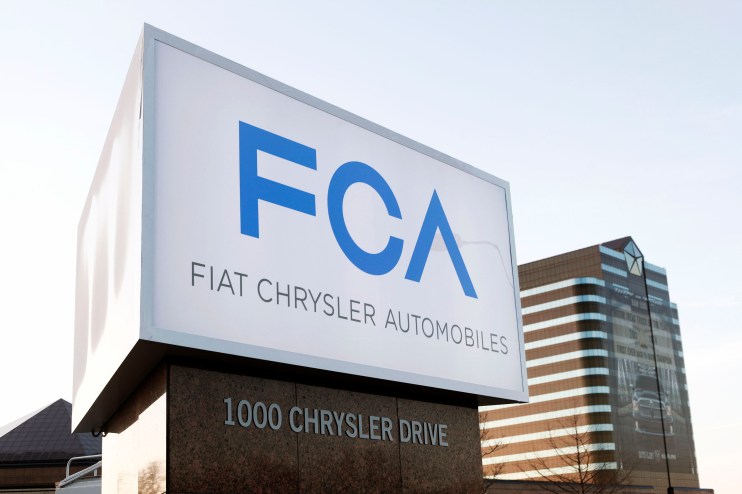Q&A: What is behind Fiat Chrysler’s proposed mega-merger with Peugeot?

After Fiat Chrysler’s (FCA) deal with Renault fell apart over the summer, chairman John Elkann has wasted no time in finding a new suitor – Peugeot-owner PSA.
The two European automakers are in talks over a potential tie-up that could create a £36bn giant, in a move which highlights how urgently car makers are looking to team up as they fight a raft of challenges facing the industry.
Indeed, it follows an informal partnership between Volkswagen and Ford earlier this year, while Toyota and Subaru also announced they will strengthen ties last month. But as the industry consolidates at an unprecedented rate, many will be left scratching their heads as to what is going on.
Read more: Fiat Chrysler and PSA enter merger talks to form $50bn car maker
Why are car firms all getting together?
Car makers are racing to develop electric vehicle (EV) technology and bring it to the mass market – in the industry’s most extreme period of innovation for decades.
But it doesn’t come cheap. About €300bn has been invested by car manufacturers into EVs over the last few years.
At the same time, global revenues are slowing at an alarming rate. The industry’s biggest market, China, suffered a fall in sales in September for the 15th month in 16.
These dual factors are piling pressure on manufacturers to join forces in a bid to share research costs, combine production and ramp up their sales.
Read more: Car industry investment grinds to a halt as Brexit uncertainty cripples sector
What about Fiat and Peugeot?
Even worse for Fiat, the Italian giant is widely seen as lagging behind its peers in this department. The firm has spent comparatively little on EVs, but still has to find a way to meet new EU emissions rules which come into place next year.
Earlier this year, FCA entered a so-called pooling deal with Tesla, in which it agreed to pay hundreds of millions of euros to include the electric carmaker’s vehicles in its fleet.
Peugeot, meanwhile, lacks exposure to the US. Merging with Fiat, which is strong there, will give the French firm a bigger footprint across the globe, at a time when its core markets are struggling.
Will it go through?
Whether FCA and PSA can force the deal through will be at the forefront of their minds, after Fiat’s proposed merger with Renault fall apart over the summer because the French government – a major shareholder – effectively blocked it.
The sticking point? The French government also holds a major stake in Peugeot, of 14 per cent.
“It is hard not to see that this attempt by Fiat might well go the same way,” said CMC Markets analyst Michael Hewson.
“Business and government always make uncomfortable bedfellows and despite the synergies a Fiat Chrysler and PSA merger would bring, it is important not to underestimate the political obstacles to a deal.”
Read more: Renault board examining £28bn merger proposal from Fiat Chrysler
Nevertheless, Fiat Chrysler chairman John Elkann will hope Paris is reluctant to block another deal.
As the car industry hurtles towards an uncertain future, the fate of his company could depend on it.